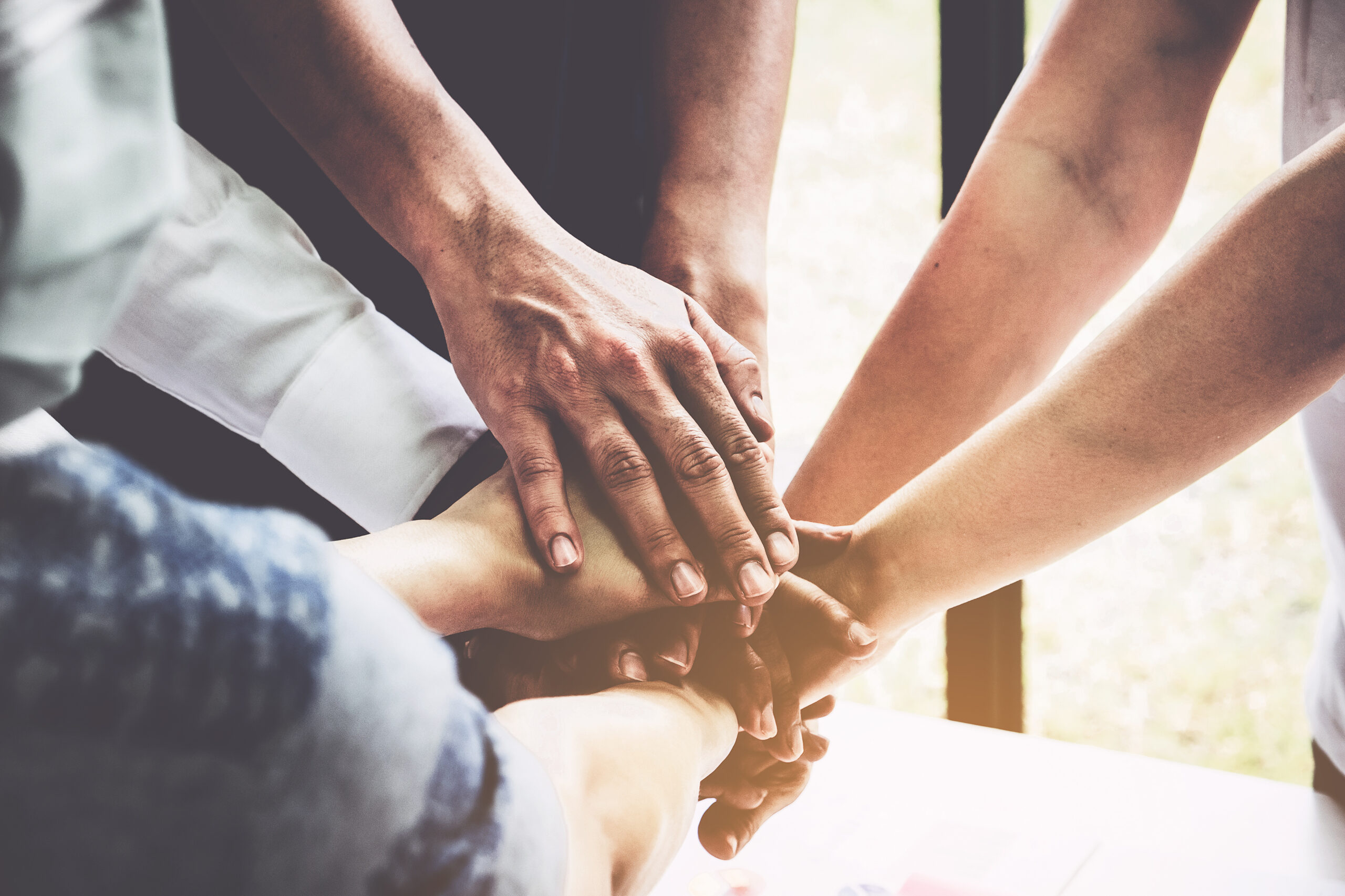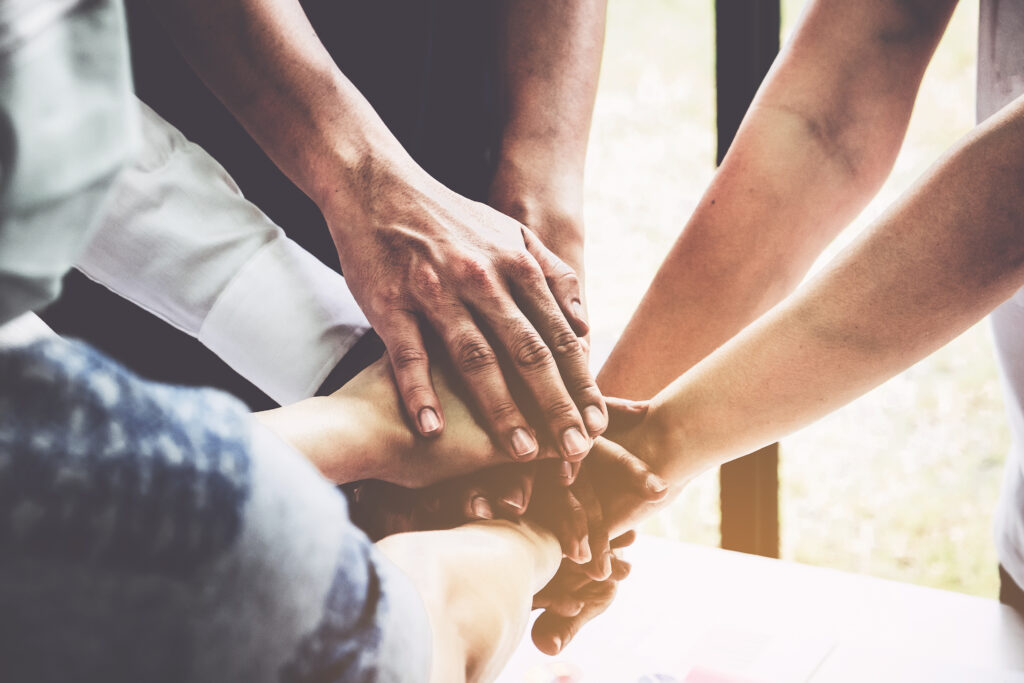If your partner is battling substance use disorder — a drug addiction — then you know how strenuous it can be for them, for you, and for your relationship. Of course you want to do everything you can do for them, but sometimes you may feel lost. We at Direct2Recovery want you to know that you’re not alone. We’re here to help you too while your loved one is going through addiction treatment. Today’s blog is a great place to start.
Ways to Help Your Partner During Addiction Treatment
There are many ways you can help your partner if they are battling drug addiction. The first is by being true to yourself. You can’t be a good partner if you’re uncomfortable in a situation. Put yourself first and set boundaries for yourself to help you avoid any potentially dangerous or uncomfortable situations. Remember that substance use disorder and the recovery process is not always easy — sometimes tensions will run high. Protecting yourself is paramount, no matter how much you love your partner.
Secondly, don’t lose hope. While the decision to get help is ultimately that of your partner’s, your guidance and support can help him or her make the choice to say yes.
So, how can you help your significant other get help?
Knowledge is Power
Do your research by learning more about addiction treatment programs both in and out of state. Learn about the difference between inpatient and out-patient clinics, telemedicine clinics, and Suboxone clinics. Do research about financial options — most do accept insurances — and find out what state laws protect your partner from job loss or incarceration.
Share this information with your loved one in a kind, supportive manner. Even if he or she refuses help at the time, you will be well prepared to get him or her admitted to treatment if and when he or she asks for help. It also shows that you care enough to take initiative. They may not appreciate it at that moment, but we guarantee they will once they’re in treatment.
Personal Therapy Sessions
This may sound backwards, but you need to help yourself to be able to help others. Seek therapy for yourself. If you do not take care of yourself, there is no way that you will be able to help your loved one get the help he or she needs and there is less chance that you’ll be able to cope with the situation in a healthy way.
You will get the opportunity to work on yourself and the issues that are impacting you, and you will also be able to develop skills that help you coexist and function with your partner in a manner that can lead to recovery. That means setting healthy boundaries and learning how to take care of yourself first.
Your therapist can also help give you advice on how to navigate tricky situations. Your therapist will help you learn how and when to step in, how to make decisions for them, and when to take action.
Encourage Sobriety
Encourage your partner to stay away from all drug and alcohol use and triggers that cause them to want to take their substance of choice. This can mean telling them not to go out with certain people, go to certain places, or consume certain foods.
Secondly, show solidarity. If they can’t drink, then you can’t drink. Give up whatever they can’t have as well to show your support and to reduce the fear of missing out and anxiety.
Thirdly, encourage them to pursue healthier alternatives. For example, if they want wine, have them try grape juice or water instead. If they’re feeling down, play a game with them or go on a walk to produce dopamine — the feel good chemical in your brain — normally.
Build Coping Skills
Stress is, unfortunately, an unavoidable part of life. Learning how to cope with stress is an essential building block to addiction treatment and recovery. When your partner is stressed out, do your best to be there for them physically and mentally. Listen to them, talk to them, offer advice if they want it, and help them through whatever is stressing them out in a healthy way.
Remind them of coping strategies they learned while in rehab and encourage them to turn to those when life gets tough. Do those strategies together too, whenever possible. Go on a walk with them, go on a drive, watch a movie, or just sit in silence with them as they process their day. Sometimes just being around them can help them cope — it proves they’re not alone.
Encourage Them to Stay in Treatment
While getting your partner in treatment may have seemed like the hardest part, keeping them in treatment could be even harder. Addiction recovery is not easy — your partner will likely experience withdrawal symptoms and will relapse. This is all okay. Just keep encouraging them to go to treatment and to stick with the coping mechanisms suggested by their counselor.
There is nothing more encouraging than showing your partner that you’re in this together. Addiction is isolating and recovery can make your partner feel even more alone. Prove that negative thought wrong and attend joint counseling sessions with them. This shows not only your commitment to their sobriety, but that you support them through the good and bad times.
You’re both not alone either. We’re here to support you both in whatever way we can as your partner undergoes a customized addiction treatment plan.Give us at Direct2Recovery a call at 602-962-8562 or visit us online to learn more.





